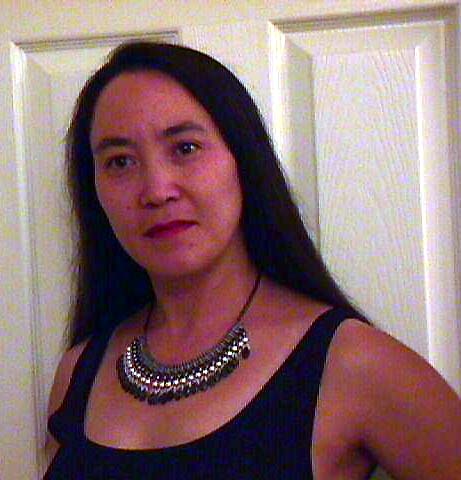I got to go see Billy Collins (U.S. Poet Laureate from 2001-2003) on Monday night at the university. When he was named Poet Laureate, I had already been a fan of his. I was thrilled his work was being recognized.
(Aside: I am not as impressed with the current Poet Laureate, Ted Kooser, but I confess I haven’t read many of his poems. I’ll give him a chance.)
Billy Collins is a marvelous entertainer. His verse is well-suited to being read aloud, and he knows just where to put pauses to make the audience laugh or sigh.
It was a much bigger crowd than I’d expected, but I was delighted to see a lot of teens and kids there. I was exposed to good poetry very early on and I was taught that poetry needn’t be stuffy, lofty, pretentious or incomprehensible. There needs to be more of this.
And maybe it was just me, but I felt a strange undercurrent of ennui in Mr. Collins. Was he tired of reading the same poems again and again? Was Reno just a backwoods hicktown beneath his notice? Or was it just my imagination?
But he did read a poem that I found practically perfect. He introduced it by saying that he’d found a love poem in a magazine and that he’d discovered that the poet had found what it is that women want: “They want to be compared to things.” I love this poem, but when I originally read it, I found it to be sweet, with a slightly wry twist. When he read it, people were doubled over in laughter.
He opens the poem with the first two lines of the love poem:
Litany
by Billy Collins
You are the bread and the knife,
the crystal goblet and the wine.
- Jacques Crickillon...
You are the bread and the knife,
the crystal goblet and the wine.
You are the dew on the morning grass,
and the burning wheel of the sun.
You are the white apron of the baker
and the marsh birds suddenly in flight.
However, you are not the wind in the orchard,
the plums on the counter,
or the house of cards.
And you are certainly not the pine-scented air.
There is no way you are the pine-scented air.
It is possible that you are the fish under the bridge,
maybe even the pigeon on the general's head,
but you are not even close
to being the field of cornflowers at dusk.
And a quick look in the mirror will show
that you are neither the boots in the corner
nor the boat asleep in its boathouse.
It might interest you to know,
speaking of the plentiful imagery of the world,
that I am the sound of rain on the roof.
I also happen to be the shooting star,
the evening paper blowing down an alley,
and the basket of chestnuts on the kitchen table.
I am also the moon in the trees
and the blind woman's teacup.
But don't worry, I am not the bread and the knife.
You are still the bread and the knife.
You will always be the bread and the knife,
not to mention the crystal goblet and--somehow-- the wine.
Billy Collins had this to say about this poem (and his poetry in general):
“I have said this before, but the perfect poem for me would be one in which the reader/listener could never be completely sure at any given point whether the poem was being serious or amusing, grave or droll. The closest word we have to describe that condition is irony. "Litany" and a few other poems of mine flirt with this state of being funny/serious. Most of them fail because they lose their balance and fall to one side or the other. Waiting on one side of this balancing act is sarcasm and on the other side, sentimentality. I am susceptible to both. Because "Litany" is a series of love poem conventions -- these traditionally enhancing comparisons of the woman to whatever -- we seem to recognize the familiar tone of the love lyric, but, of course, the poem is busy deconstructing (did I say that?) these conventions. Okay, making fun of them. Actually, that poem follows the movement of many Shakespeare sonnets -- it starts out being about the beloved and ends up being about the poet. What else is new?”
I highly recommend going to see “famous” poets read their work. I saw Marvin Bell read his poetry back in 1987 and it transformed my writing. If nothing else, it’ll make you want to write.

2 comments:
What a wonderful poem!
I heard Billy Collins last spring in Des Moines. I think the way he reads his poems adds to the humor of the poems themselves. Thank you for posting his comments on this particular poem. It is one of my favorites, but I was in danger of over analyzing it!
Post a Comment